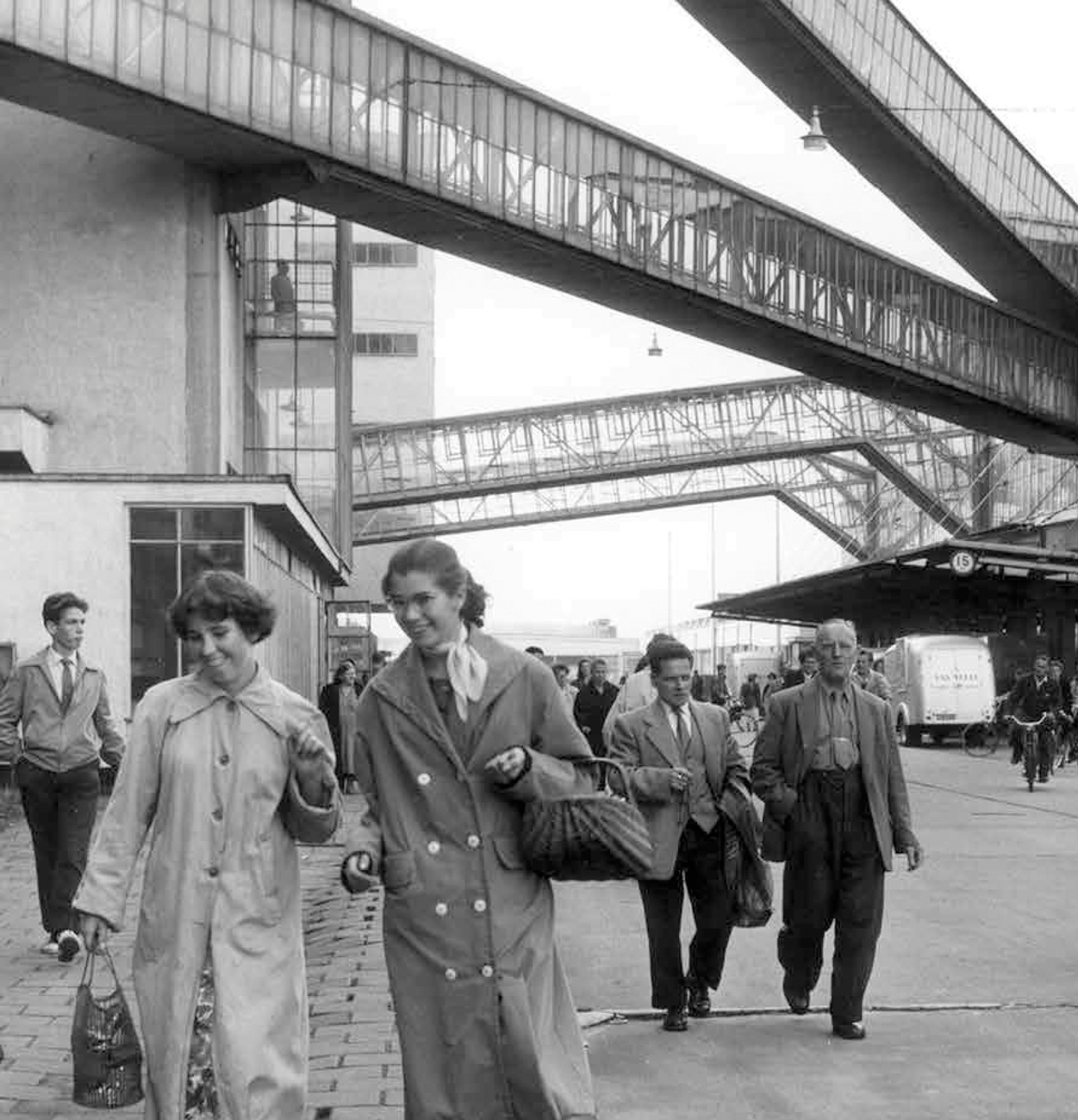| TITLE: | Vertical Urban Factory |
| AUTHOR: | Nina Rappaport |
| DATE: | 12.2020 |

HOW CAN WE PROVIDE SPACES FOR URBAN MANUFACTURING SO THAT THEY ENCOURAGE INDUSTRIES TO TAKE ROOT IN OUR CITIES—AND THRIVE? THINKING ECONOMICALLY, ARCHITECTURALLY AND URBANISTICALLY, WHAT IS THE FACTORY OF THE FUTURE?
HOW DO THE SOCIO-ECONOMIC-POLITICAL ASPECTS OF MANUFACTURING, WITH CHANGES IN URBAN MANUFACTURING AND MANUFACTURING IN GENERAL, INFLUENCE THE DESIGN OF INDUSTRIAL BUILDINGS AND THUS CITIES?
Nina Rappaport is an architectural critic, curator, and educator. She is publications director at Yale School of Architecture and editor of the biannual publication Constructs, the exhibition catalogs, as well as the school’s book series. Her current research and projects focus on the intersection of urban design and infrastructure, innovative engineering, and factory spaces. Her previous books include Ezra Stoller: Photographer with co-editor Erica Stoller (Yale University Press, 2012) and Support and Resist: Structural Engineers and Design Innovation (The Monacelli Press, 2007). In Vertical Urban Factory, Nina Rappaport focuses on the spaces of production in cities that are significant in their design and contribute to a vital urban environment.
This book reexamines the modernist and contemporary factory, along with labor issues in the city and the impact of globalization through the lens of an urbanist, while provoking future scenarios for urban manufacturing. It shows now that factories are cleaner and greener, smaller and taller, hybrid and flexible, they can be integrated into city life, creating a new paradigm for a sustainable, mixed-use, and more self-sufficient industrial urbanism.